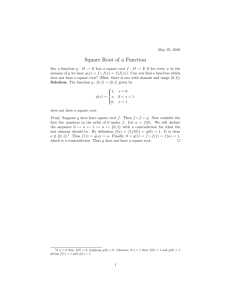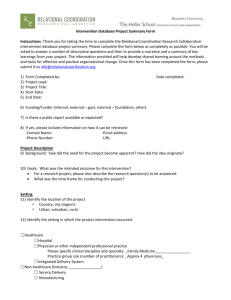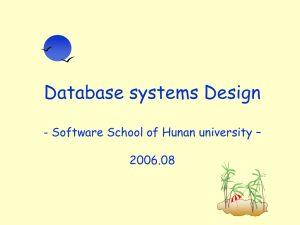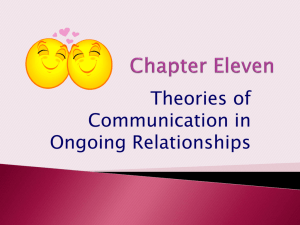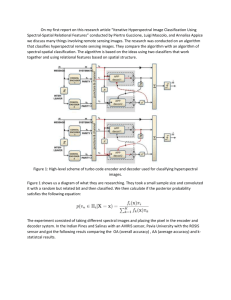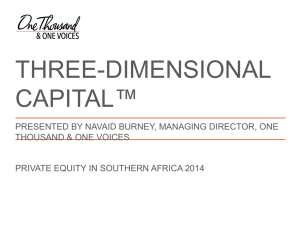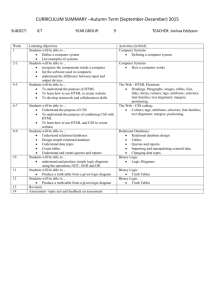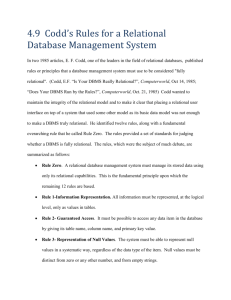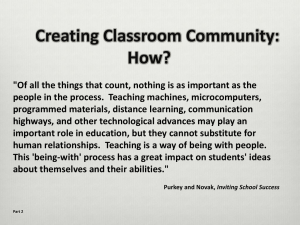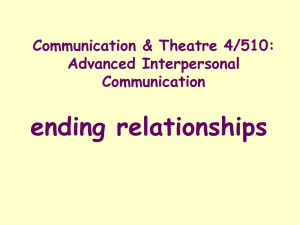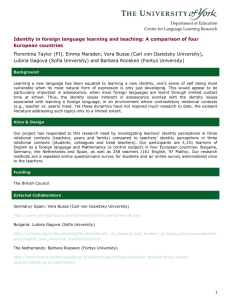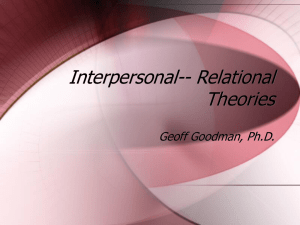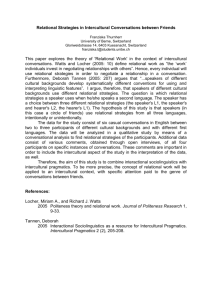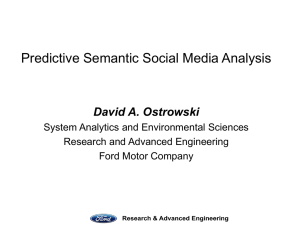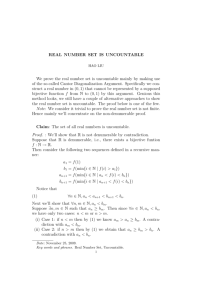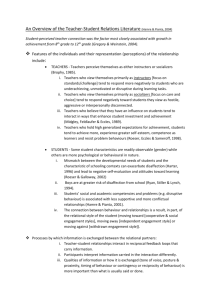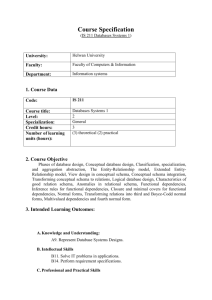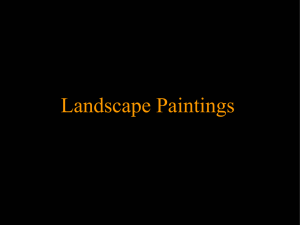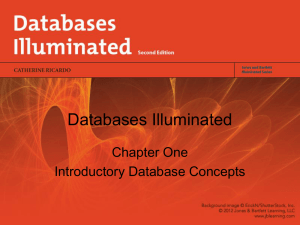d`Reen Struthers - Relational tensions in Partnerships
advertisement
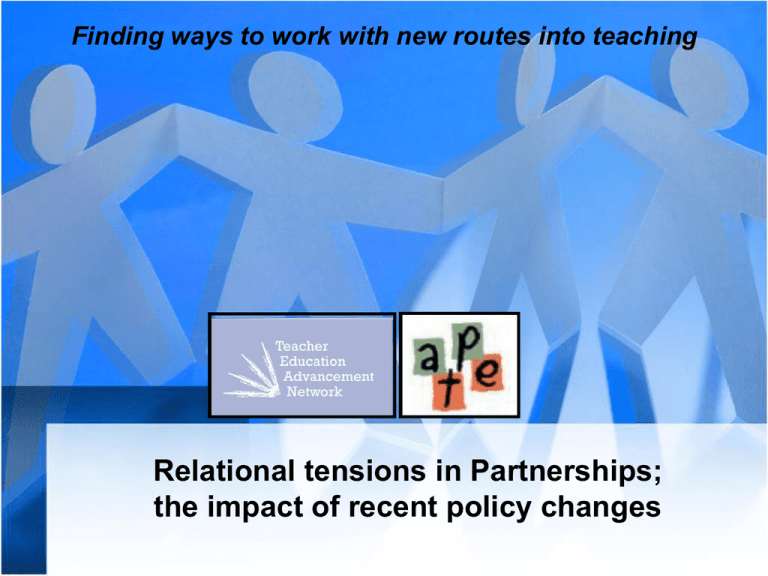
Finding ways to work with new routes into teaching Relational tensions in Partnerships; the impact of recent policy changes Yet as we share the gaze … What are the unspoken agendas? SCITTs University (HEI) Academies (chains) Teaching School Local schools Parents Who are we talking about? (the partners) And who are we? How do we define ourselves? What of our own sense-making of the landscape? A landscape of others Friendship, power, mistrust, interpretation The policy landscape – Do we accept or challenge? • Education framed as an economical transaction presupposes that ends are given; as such, the negotiation of ends, which is of significance for any educational process, is also made insignificant. … Frelin, A. (2013). But what do we share in common? Values Complexities of managing behaviour v’s managing learning • Educational language rather than a language of schooling • Goodson (2005) argues that when context is left out of the discussion on teacher professionality* education risks being reduced to a technical fulfilment of external demands Professionality includes the ability to exert educational judgement ; being well trained or knowledgeable is not enough! The language of relational Professionalism An alternative to managerial discourse used in two different ways Vertical between teachers and administration/policymakers The horizontal spurs collegial discussion on what is and what is not professional ways of being Frelin, A. (2013). Exploring Relational Professionalism in Schools. Rotterdam: Sense Pub. • Andy Hargreaves (1994) talked about different kinds of teacher culture from individualistic to collaborative. • Contrived collegiality – where teachers simply ‘meet and work to implement the curricula and instructional strategies developed by others’ – (can create inflexibility and inefficiency) In a world of uncertainty they [universities] do retain one vitally important principle that marks them out from any other institution in contemporary society and that is their commitment to what we might call ‘the contestability of knowledge’. (Furlong 2013) The value of contradiction • Contradiction reminds us that resolution is fragile, temporary and, very often, incomplete – that disorder always looms. But perhaps these are the very qualities that fuel an inquiring mind. Perhaps we need contradiction to keep us alert to the responsibility of acting on our imaginations. (Peseta and Grant 2011: 1) Boundary spanners – into the spaces • K Zeichner 2008 – Third spaces School culture School culture Dialogic space of knowledge creation and shared focus University culture Debates over the meaning of ‘Third Space’ (e.g. Bridging vs. integration) Macfarlane, K., Nobel, K., Kilderry, A., & Nolan, A. (2005) Developing skills of thinking otherwise and critical reflection. In K. Noble, K Macfarlane & J. Cartmel (Eds.) Circles of Change: Challenging orthodoxy in practitioner research (pp.11-20) Frenchs Forest , NSW, Pearson What are the relational tensions in partnership? Deconstruct – tease apart the topic Confront – consider the issues relevant to future What has been the impact of recent policy changes on partnerships? (Positive and negative) Theorise – making the links between theory & practice What suggestions do you have for constructive ways forward with partnerships? Think otherwise – rethink practice and identify multiple ways of working with the issues.
